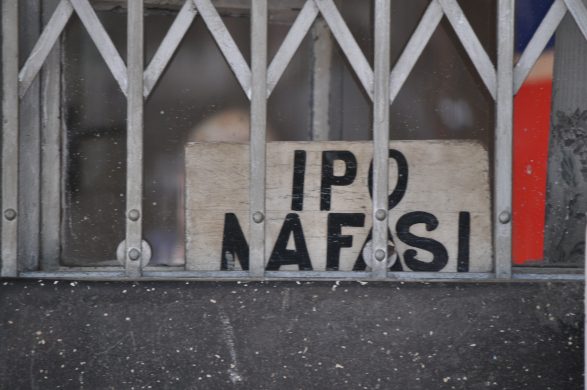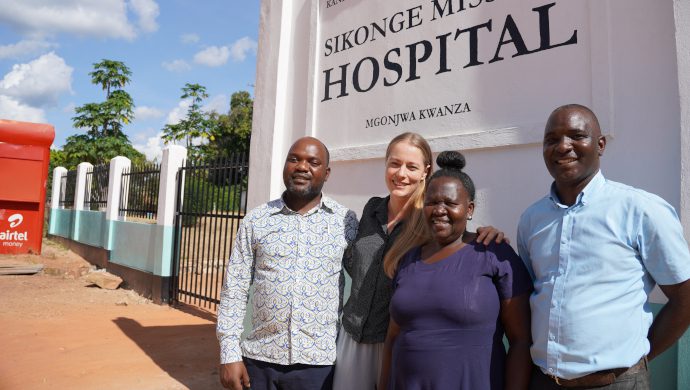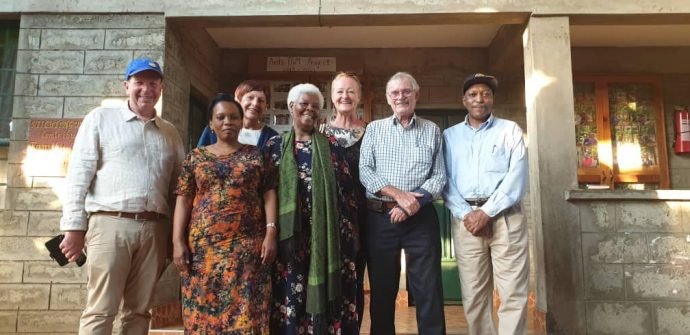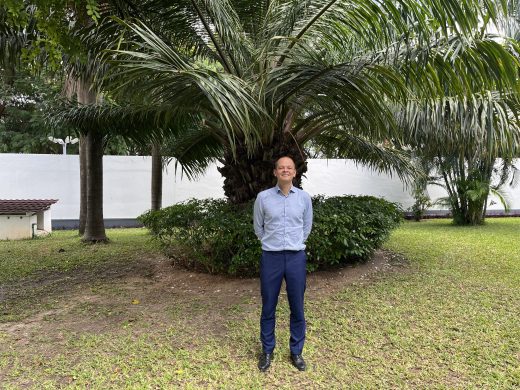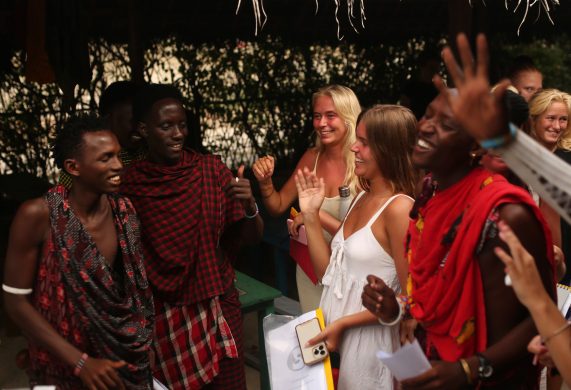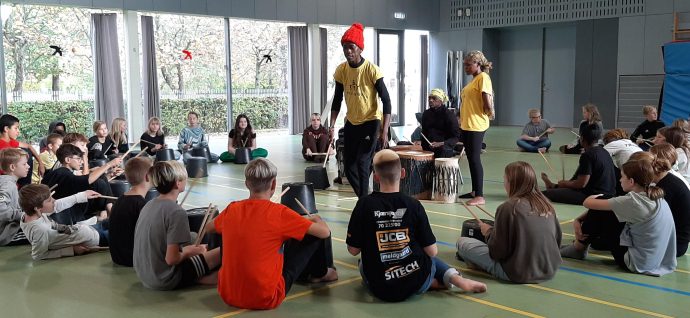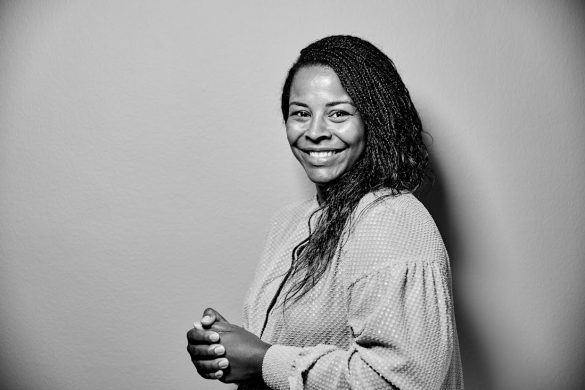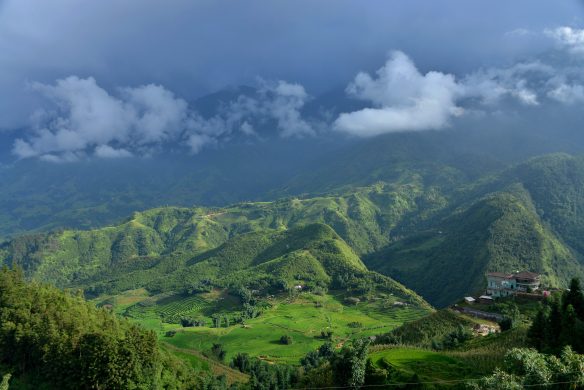At a press conference on October 29, Paul Makonda, the regional commissioner of Dar es Salaam, called on citizens to hand over names of homosexuals. Makonda said he and his team would “scrutinize social media” to “hunt down gay people and those who defend them”, while he also warned against the consumption of pornography.
This has left Tanzania’s LGBTQ community in fear. Since 2016, Makonda has instigated raids on bars with the intent to track down homosexuals in Dar es Salaam, Tanzania’s largest city. After Makonda spoke at a religious rally in 2016, at least 20 people were arrested and then released.
In 2017, South African human rights lawyer Sibongile Ndashe, the executive director of the Initiative for Strategic Litigation in Africa, was accused of promoting homosexuality and arrested while on a case intended to limit health services at HIV drop-in centers. Ndashe and two colleagues were wrongfully detained for a week without representation and then deported.
According to Amnesty International, on November 6, police on the semi-autonomous island of Unguja, Zanzibar, arrested 10 men in response to Makonda’s most recent call.
These cases all point to the seriousness of the threats.
International media reacted promptly following Makonda’s statements, and articles by BBC, Financial Times, The Guardian, Deutsche Welle and CNN were widely shared on social media.
A few days later, the US Embassy in Dar es Salaam issued a warning to travelers heading to Tanzania.
The EU recalled its ambassador to ”Brussels for consultations”, adding:
“The EU regrets the deterioration of the human rights and rule of law situation in the country and will be conducting a broader review of its relations with Tanzania.”
Augustine Mahiga, Tanzania’s minister of Foreign Affairs, assured on November 4 that Tanzania had not expelled the ambassador.
Læs resten af artiklen hos Global Voices

